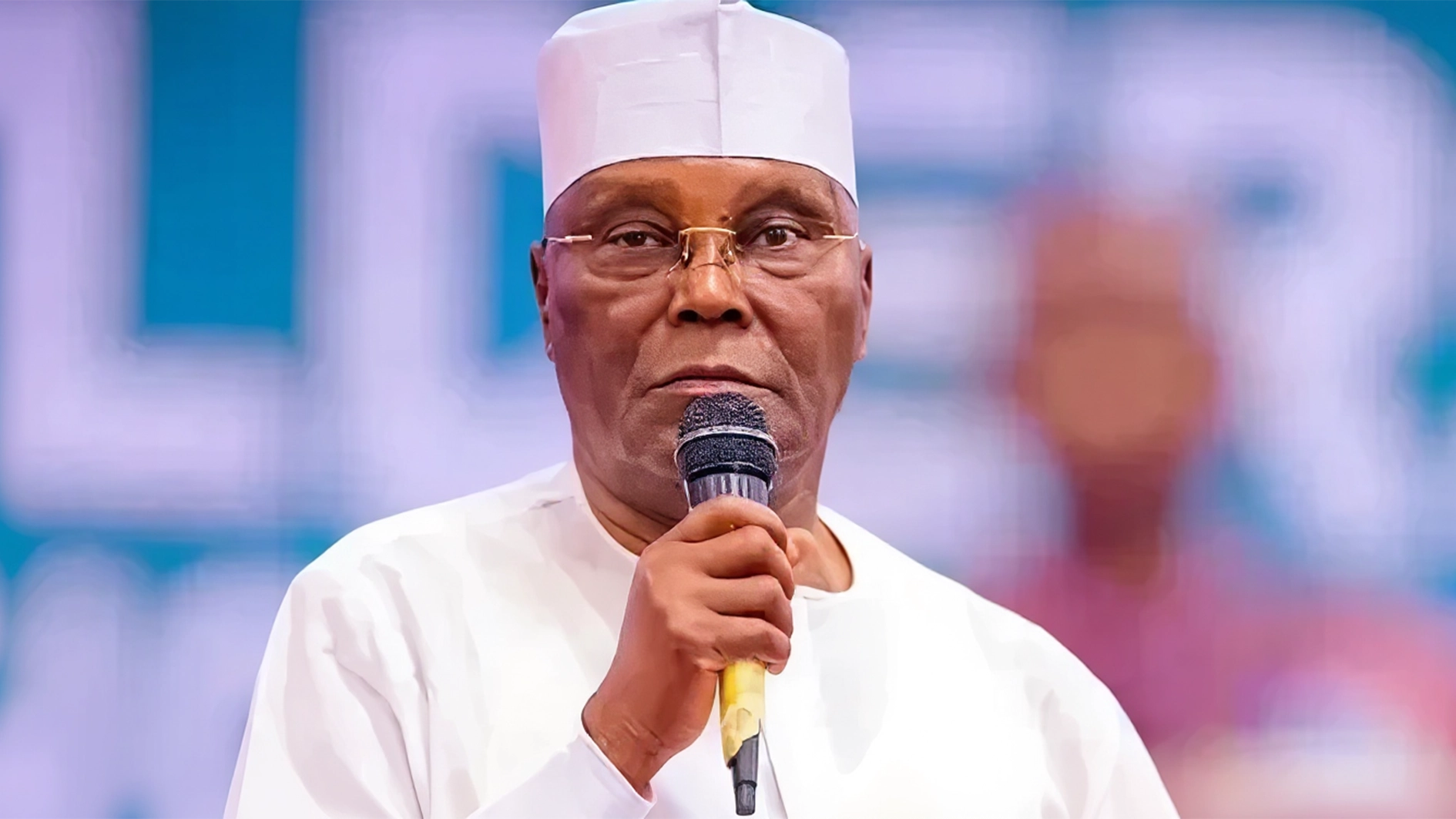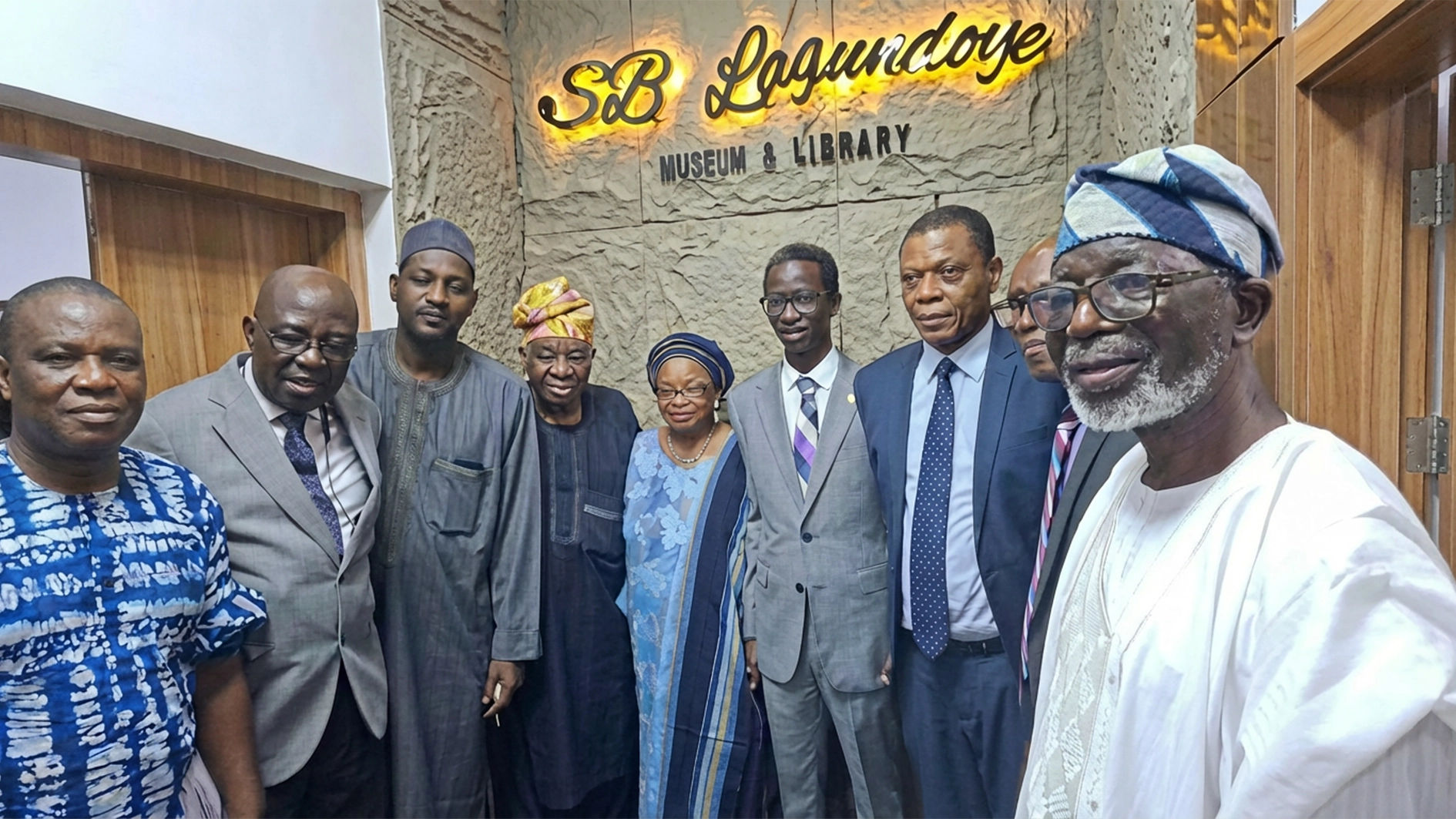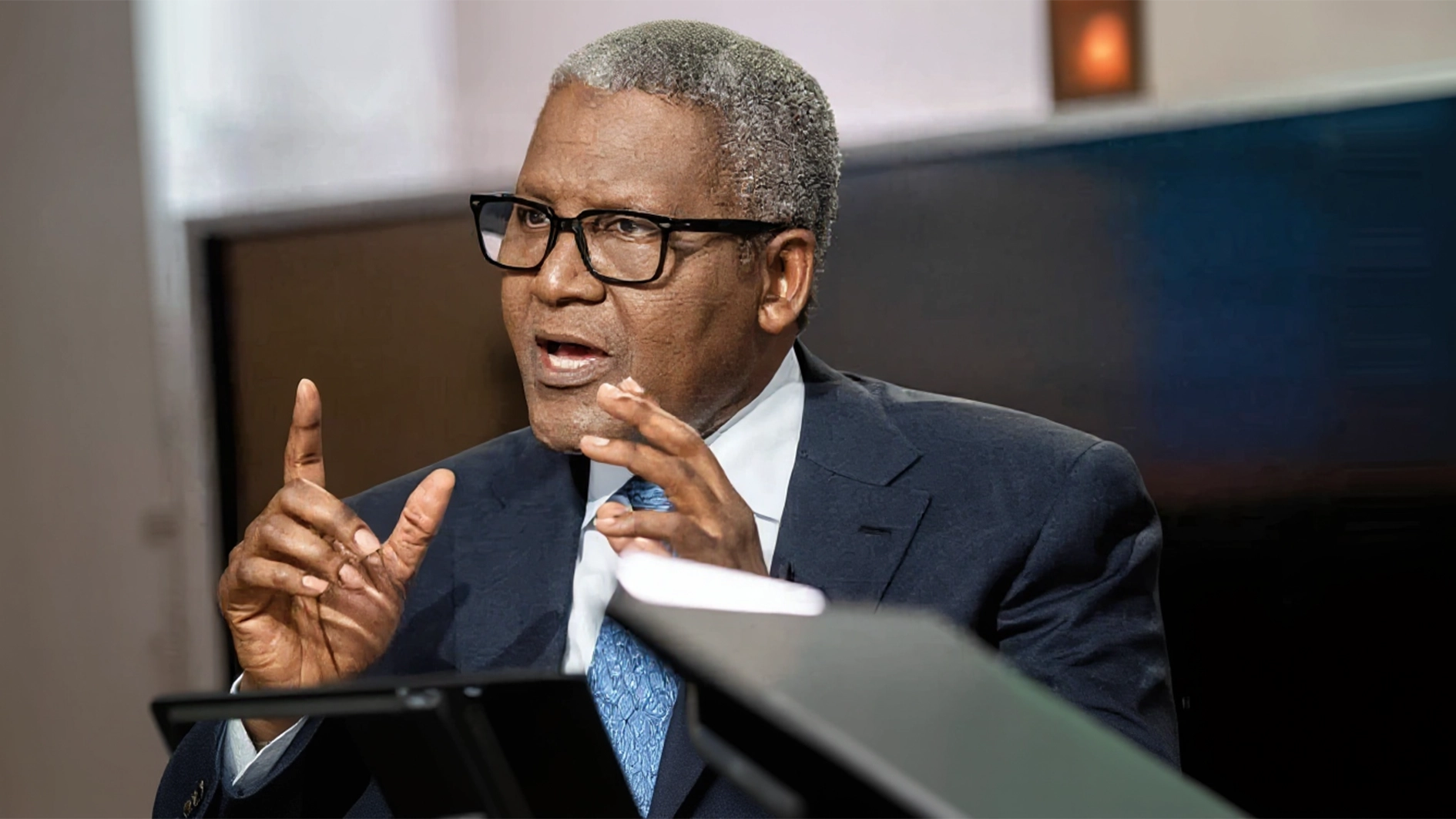
Minister of Education, Dr Tunji Alausa, has declared that traditional and religious leaders play vital roles in promoting girls’ education by influencing local attitudes and driving social change.
Alausa, who stated this in his keynote address at a national conference on girls’ education in Nigeria, emphasised the need for these leaders to harness their influential platforms to drive positive change.
The event was organised by the Adolescent Girls Initiative for Learning and Empowerment, (AGILE), a World Bank assisted project of the Federal Ministry of Education.
The programme aims to reach over 25 million children, including nine million adolescent girls across 18 states of the Federation. Alausa, who harped on the critical role of traditional and religious leaders in promoting girls’ education, urged them to leverage their positions to raise awareness about the importance of educating girls.
The minister encouraged them to use their platforms to promote inclusive and equitable education, emphasising that every girl deserves access to qualitative learning, regardless of her background.
He said: “For Nigeria to achieve its educational and development goals, we must move beyond policies and programmes. Continuous advocacy, sensitisation, and community engagement are essential. Parents must see the education of the girl child as a shared responsibility and moral imperative.
“Traditional and faith leaders serve as gatekeepers to all our communities and as a result, this necessitates consultation and engagements with these distinguished groups of Nigerians in order to get their views and secure their buy-in.
“They are crucial in educating members of their communities and congregations positively, especially the youths to champion the cause of attitudinal change, achieve the desired transformation of government programmes, and initiatives that will promote girl child education,” Alausa stated.
He expressed dismay that numerous girls are being denied the opportunity of attending school due to such factors as poverty, child labour, premature marriage, and detrimental cultural practices.
He found it particularly distressing to witness girls being forced to engage in menial jobs, rather than being given the chance to actualise their potential within the confines of the classroom.
The World Bank Country Director, Ndiame Diop, stressed the importance of girls’ education in Nigeria, acknowledging the significant challenges of high dropout rates, early marriages, and teenage pregnancies.
With the AGILE project, Diop disclosed that over four million children, including 2.2 million girls, have already benefited from improved facilities, with thousands of schools upgraded.
He attributed the success of the project to the critical support of traditional and community leaders, whose advocacy ensured that these initiatives are impactful.






